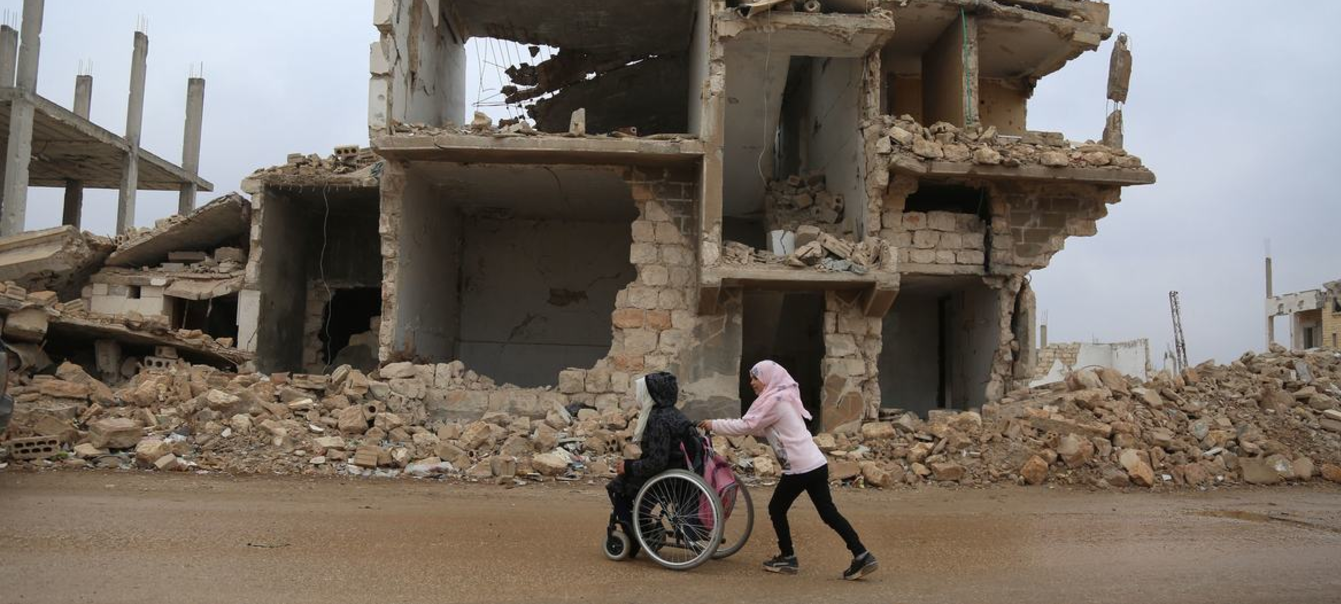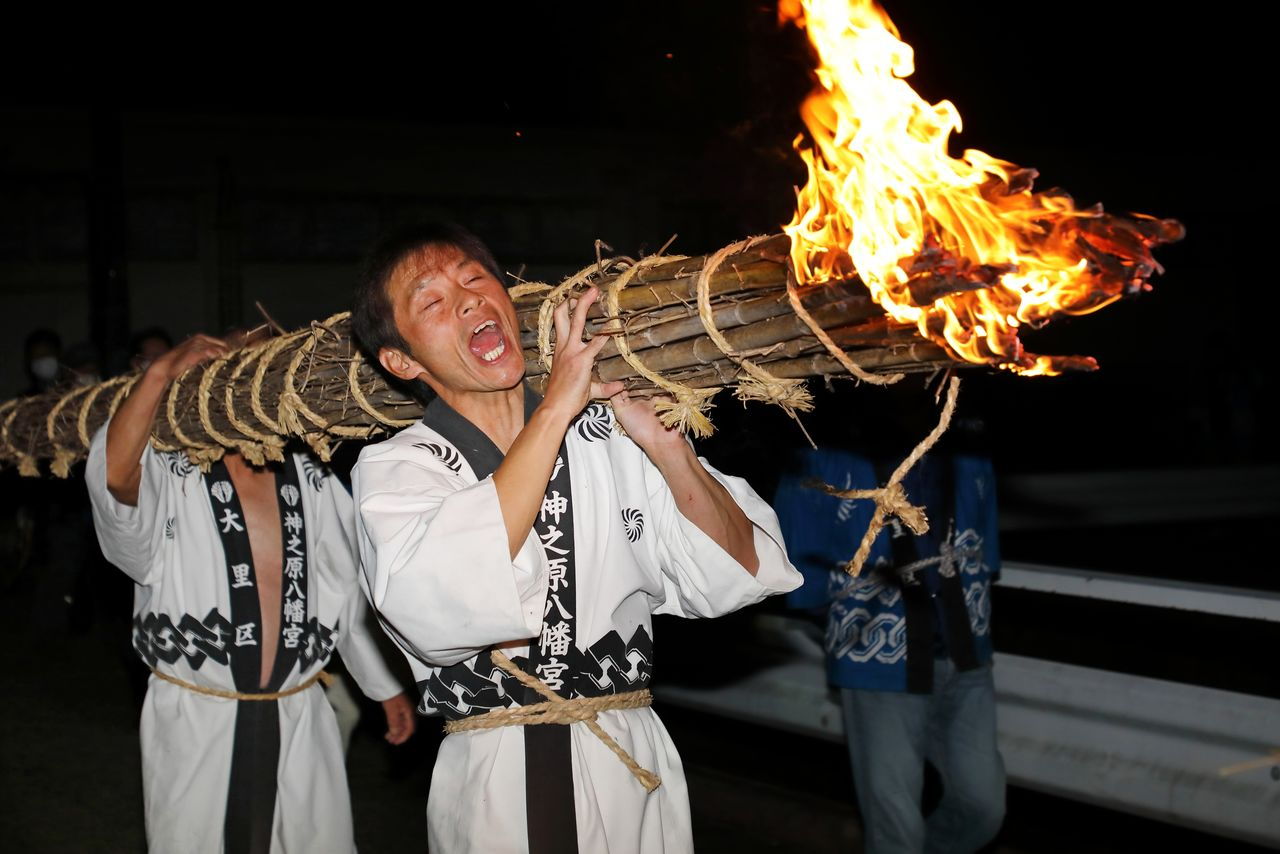
Background of the incident
Since November 27, the Syrian government forces and the armed opposition and extremist organizations have continued to engage in large-scale exchanges of fire in the northwestern region of Syria, and the scope of the conflict has expanded from the northwest of Syria to the central Hama Province.
According to reports, the offensive launched by the “Legislative Liberation Organization of the Levant” and a wide range of armed opposition factions has changed the front line that has been calm since 2020.
Impact of the conflict
Casualties: A large number of civilian casualties and tens of thousands of people have been displaced.
Infrastructure damage: A key water station in Aleppo is not operational, and health infrastructure such as the main hospitals in Aleppo and Idlib have also been destroyed, leaving hundreds of patients unable to receive treatment.
Humanitarian aid is obstructed: UN operations in Aleppo, Idlib and Hama have been largely suspended due to security risks, and millions of people are unable to access critical relief services.
UN Secretary-General calls for a ceasefire
Call content: On December 2, local time, UN Secretary-General Guterres issued a statement expressing shock at the escalation of the situation in Syria and calling for an immediate cessation of hostilities, reminding all parties of their obligations under international law, including humanitarian law, and calling for a ceasefire in accordance with Security Council resolution 12312. Resolution 2254 (2015) immediately resumes the UN-facilitated political process.
Emphasizing the protection of civilians: Guterres stressed that all parties must protect civilians and civilian objects, including allowing safe passage for civilians fleeing hostilities.
Promoting a political solution: He also stressed the need for all parties to engage seriously with the UN Secretary-General’s Special Envoy for Syria, Pedersen, to chart a comprehensive path out of the conflict in accordance with Security Council resolution 2254.
Statements by all parties
Russia: On December 2, Russian Presidential Press Secretary Dmitry Peskov stated that the Russian government will continue to support Syrian President Bashar al-Assad; Russian President Vladimir Putin also spoke by phone with Iranian President Pezhikyan, expressing Russia’s willingness to interact and cooperate with Iran to help the legitimate Syrian government fight terrorist organizations.
Iran: On December 1, Iranian Foreign Minister Araghchi reiterated Iran’s commitment to supporting Syria’s territorial integrity and national stability, stating that Iran is determined to fight terrorism with Syria and is fully willing to provide all kinds of support to the Syrian government for this purpose; on December 2 On December 1, Iranian President Pezerhiziyan spoke with Syrian President Bashar al-Assad and stressed that Iran is willing to provide all forms of support to Syria to eliminate terrorism and thwart the goals of its operators and supporters.
Turkey: Turkish Foreign Minister Fedan spoke with US Secretary of State Blinken on December 1 to discuss the latest developments in Syria. Fedan said that Turkey opposes any measures that exacerbate regional instability and supports measures to ease tensions in Syria. At the same time, he stressed that Turkey will never allow terrorist organizations to target Turkish or Syrian civilians.
Israel: Israeli Prime Minister Netanyahu said on December 1 that Israel is closely following the development of the situation in Syria and will defend its important interests and maintain the results of the war.





